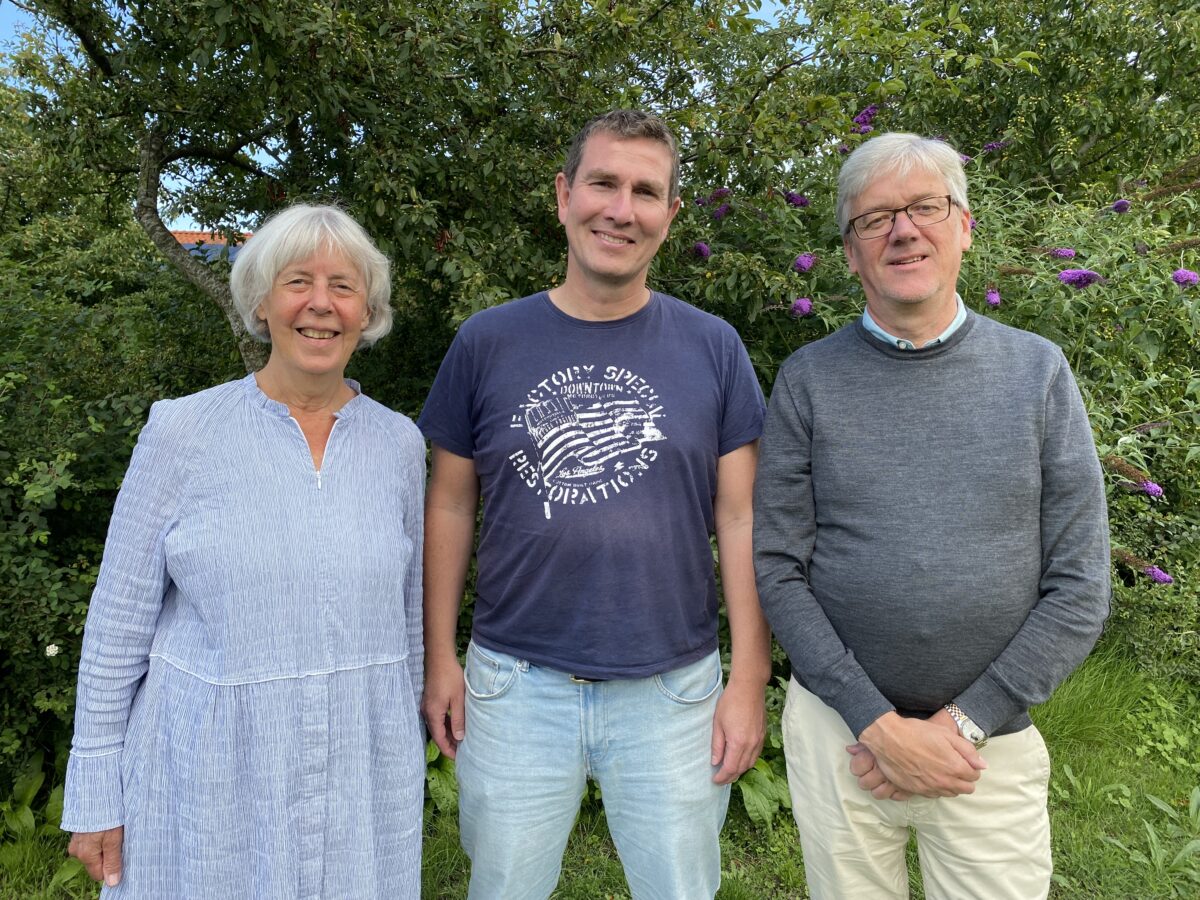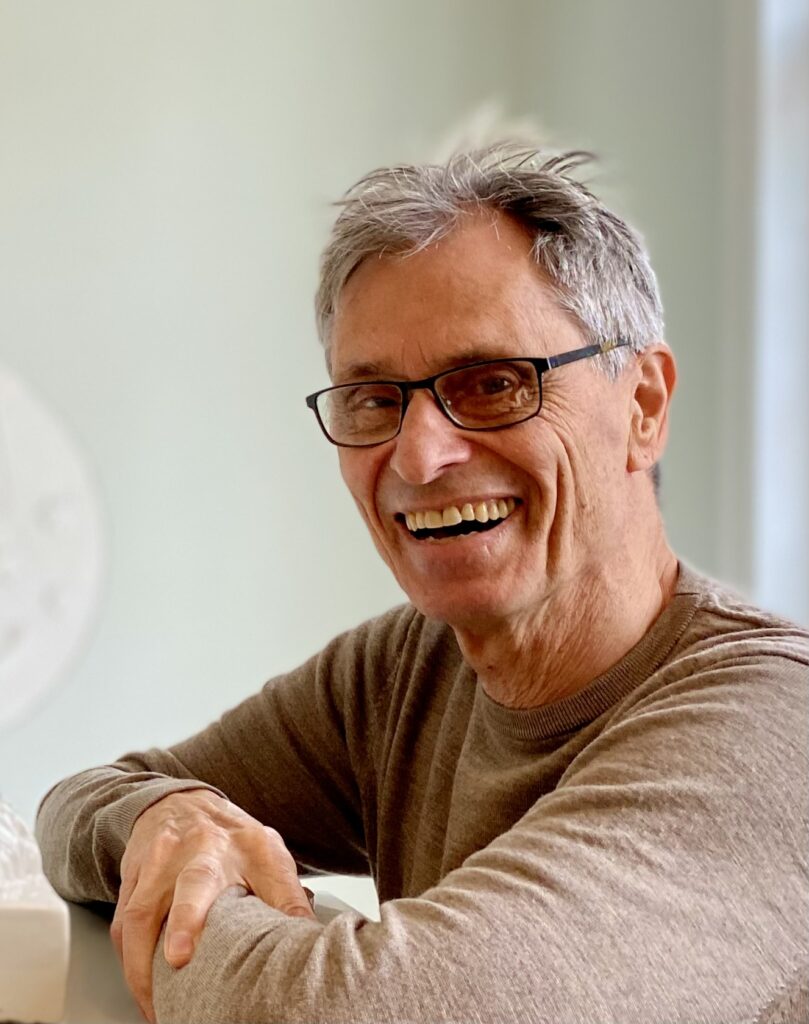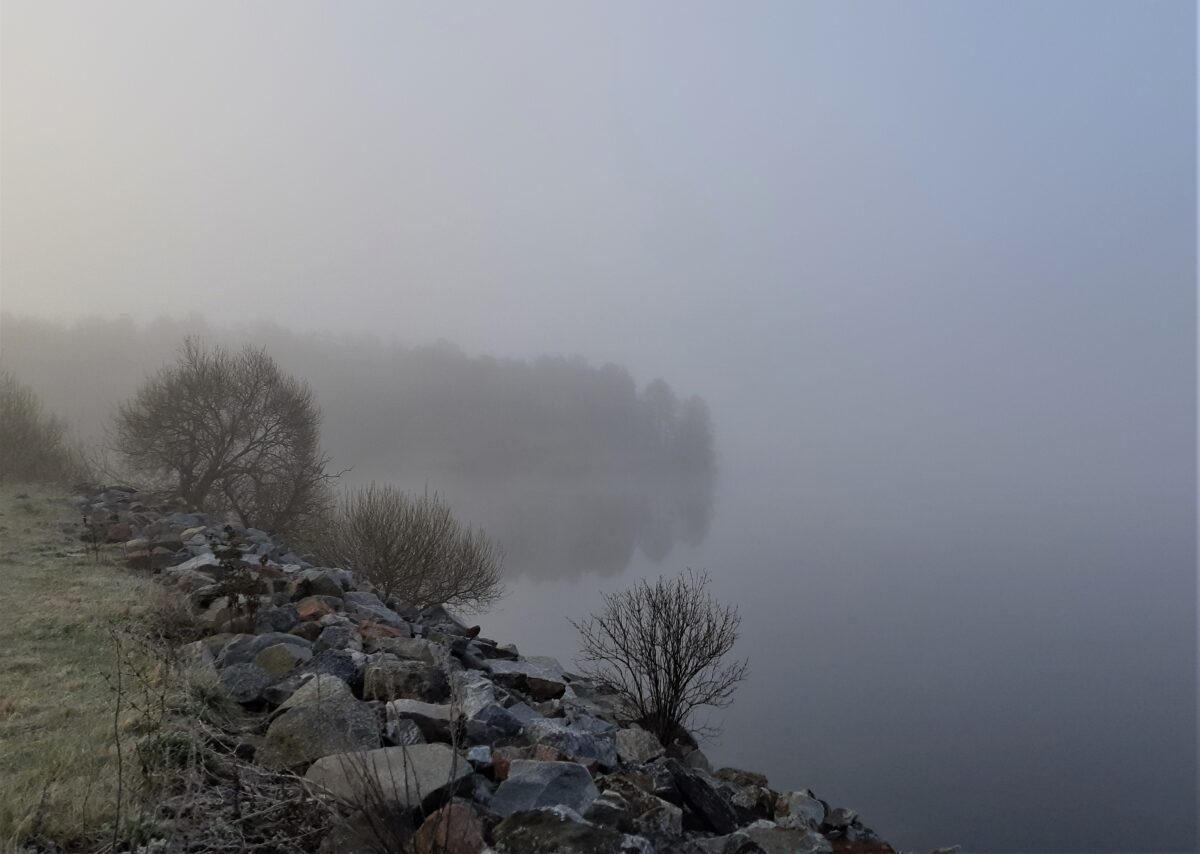This episode is produced in collaboration with the Swedish podcast Kosmologipodden. Hosts Micael Söderberg and Mary McGovern interview Nikolaj Pilgaard Petersen about logic, the easy and hard problems of consciousness and about how Martinus’s world picture informs Nikolaj’s views of philosophy, science, materialism and the experience of life.
How does Martinus define logic? What does logic have to do with love? Why does consciousness exist at all? Why do we experience anything? Is our brain even necessary? These are some of the questions we take up in this episode.
Nikolaj Pilgaard Petersen is a teacher with a PhD in Philosophy and an MSc in history and mathematics. In addition to teaching and communication, he does research work in the field of philosophy; he is the author of several books on philosophical topics for a wide, Danish-speaking audience including “Hvad er virkeligheden mon i virkeligheden?” (What is reality in reality?) (2016) as well as a number of scientific articles.
Nikolaj has two YouTube channels: In English: The Nature of Reality and in both English and Danish: Nikolaj Pilgaard Petersen
This podcast was recorded by Micael Söderberg and Mary McGovern at The Martinus Centre, Klint on 3rd August 2023.
Photo: Bo Edvindsson
Music composed and performed by Lars Palerius.
Martinus’s literature is available online on the Martinus Institute’s website: www.martinus.dk/en. Here you can also find information about the international summer courses at the Martinus Centre in Klint, Denmark.





